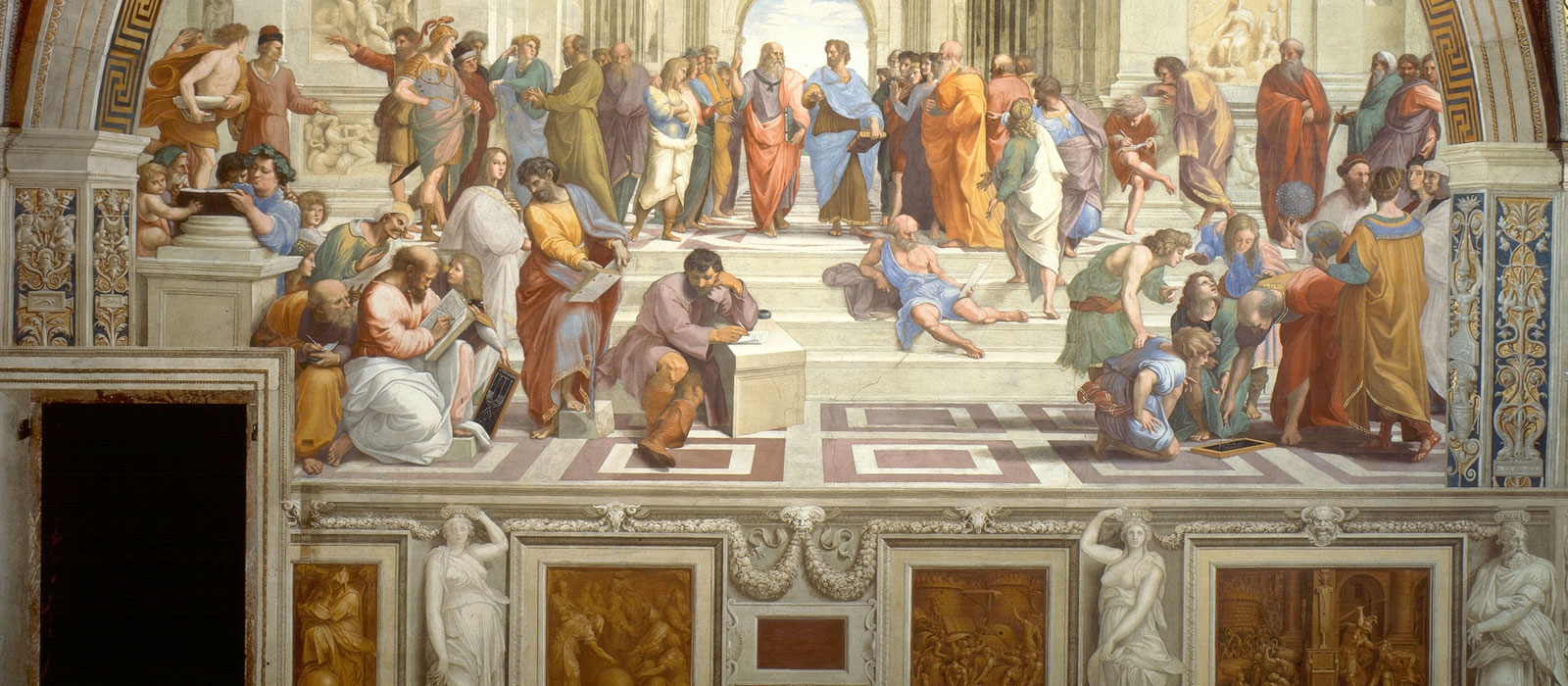Our Great Books Curriculum
You will study the world’s Great Books through a sequence of four Core Courses and a number of Complementary Courses. These courses move from ancient Mesopotamia to modern America and they move from Religion, to Philosophy, to Literature, to International Relations.
| Year | Historical Period | Themes | Core Course |
| First | Pre-History to the Ancient World | Religion & Myth | HUMS 1000 — Myth & Symbol |
| Second | Antiquity to the Middle Ages | Philosophy & Theology | HUMS 2000 — Reason & Revelation |
| Third | Renaissance to Enlightenment | Literature & Culture | HUMS 3000 — Culture & Imagination |
| Fourth | 19th Century to the Present | Politics & History | HUMS 4000 — Politics, Modernity & the Common Good |
Core Courses
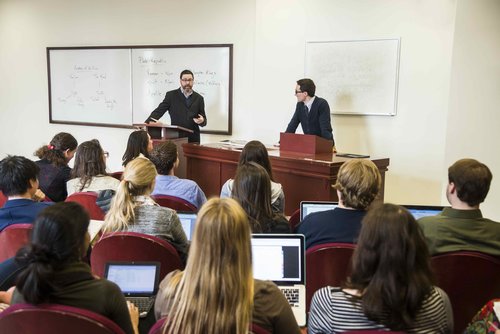 |
Each year students take a core course taught by two Humanities professors, which includes lectures and small discussion groups of 15-20 students, run by one of the professors.
HUMS 1000 — MYTH & SYMBOL
Pre-History to the Ancient World
Students explore the earliest human attempts to understand our place in the cosmos, by reading some of the world’s oldest religious texts and myths and discussing the themes of mortality, morality, cosmogony, sacrifice, and sacred and profane love. Students read both Western and Eastern texts, such as the Hebrew Bible, the Bhagavad Gita, and the Tao Te Ching.
HUMS 1000 Professors
Shawna Dolansky — Ancient Near East and Hebrew Bible
Noel Salmond — Eastern religions
HUMS 2000 — REASON & REVELATION
The Ancient World to the Middle Ages
Students wrestle with concepts drawn from the two great intellectual traditions of the West, the philosophies drawn from Plato and Aristotle and the faiths descended from Abraham, and discuss themes such as wisdom and love, the nature of enquiry, and the limits and possibilities of human reason.
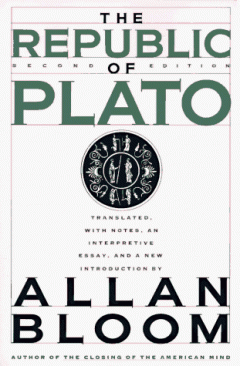 |
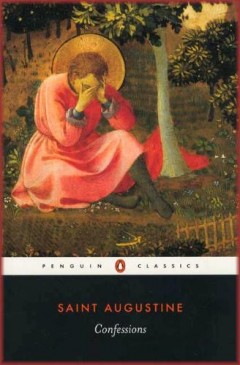 |
 |
HUMS 2000 Professors
Erik Stephenson — Medieval and Early Modern Philosophy
Gregory MacIsaac — Ancient Greek Philosophy.
HUMS 3000 — CULTURE & IMAGINATION
The Renaissance to the Romantic Age
Students investigate the explosion of art and ideas during the Renaissance, Reformation, Enlightenment, and Counter-Enlightenment. They examine the poems of Petrarch, the plays of Shakespeare, the portraits of Titian, and the economics of Adam Smith, and consider how aesthetics, politics, economics and religion inform one another.
HUMS 3000 Professors
Micheline White — Renaissance and Early Modern literature
Geoffrey Kellow — Enlightenment History and Political Theory.
HUMS 4000 — POLITICS, MODERNITY & THE COMMON GOOD
The Nineteenth-Century to the Present
Students take a philosophical journey into the story of modernity and the emergence of a civilization founded on autonomy, independence, and freedom. Starting with the revolutionary politics of the nineteenth century, they consider the radical arguments of Marx, Hegel and Nietzsche and then examine the critiques of our time advanced by Hannah Arendt, Karl Polanyi and Michel Foucault.
HUMS 4000 Professors
Farhang Rajaee — Political theory and non-Western traditions, especially Modern Islamic political thought
Waller Newell — Philosophy and political theory in the Ancient world; German Idealism; Contemporary Phenomenology.
Complementary Courses
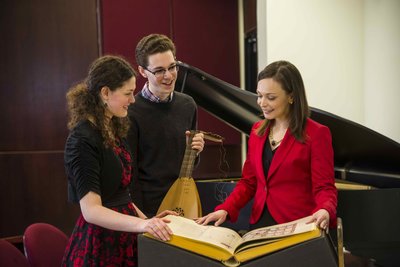 |
In addition to the Core Courses, each year includes a carefully integrated set of courses that complement the Core Courses.
First Year Complementary Courses
HUMS 1200 — Humanities and Classical Civilization
The three great Greek and Roman epics: Homer’s Iliad and Odyssey, and Virgil’s Aeneid, as well as a selection of literary and historical works from Greece and Rome. This course also includes detailed instruction on how to write a university-level paper.
CLCV 2010 — Greek and Roman Drama
Greek and Roman tragedy and comedy: Aeschylus, Sophocles, Euripides, Seneca; Aristophanes, Plautus, Terence.
HUMS 1005 — Early Human Culture
Cultural experiences of small scale societies, including kinship, rituals, magic, social structure, and subsistence.
RELI 1731 — Varieties of Religious Experience
The nature of religious experience and the ways in which such experiences are interpreted, including Shamanism and Mysticism.
Second Year Complementary Courses
RELI 2710 — Maccabees to Muhammad
The early literature and history of the three great Abrahamic traditions, Judaism, Christianity, and Islam. In particular key aspects of the social, literary, cultural, and intellectual development of these three interrelated traditions from approximately the Destruction of the Second Temple (1st cent. C.E.) to the Crusades (11th cent. C.E.).
HUMS 2101 & 2102 — Art from Antiquity to the Medieval World; Modern European Art
A survey of Western art and architecture from Antiquity to the contemporary world.
Third Year Complementary Courses
HUMS 3200 — European Literature
Major movements and works from Dante’s Divine Comedy through Voltaire’s Candide. Themes include the New Humanism versus old Chivalry in the Renaissance and Baroque periods; the rise of the modern novel and drama; reason, nature, and the Enlightenment project.
HUMS 3102 & 3103 — Western Music 1000-1850; Western Music 1850-2000
A survey of the major musical genres and styles in Western music from medieval times to the 21st century.
Fourth Year Complementary Courses
HUMS 4103 — Science in the Modern World
An introduction to the major scientific ideas of our time, such as Big Bang theory, molecular genetics, evolution, and atomic structure, as well as the impact of technology on society in areas such as global warming, pollution, genetically modified foods, and viral infections.
HUMS 4500 — Modern Intellectual History
The intellectual history of the Canadian and American Foundings with a special emphasis on the role of political theory.
Research Seminars
In their final year, Bachelor of Humanities students hone their research skills by taking one or two special fourth-year Research Seminars, whose topics change each year.
2020-2021
2016-2017
- HUMS 4902: — Spinoza’s Ethics (F) — Erik Stephenson
- HUMS 4902: — Tudor Queens: Sex, Power and Writing in the Lives of Katherine Parr, Elizabeth I, and Mary Queen of Scots (W) — Micheline White
- HUMS 4904: — The Philosophy of Avicenna (W) — Mohammed Rustom
More about what you will study
| ← | About the Bachelor of Humanities | An ideal learning environment | → |
